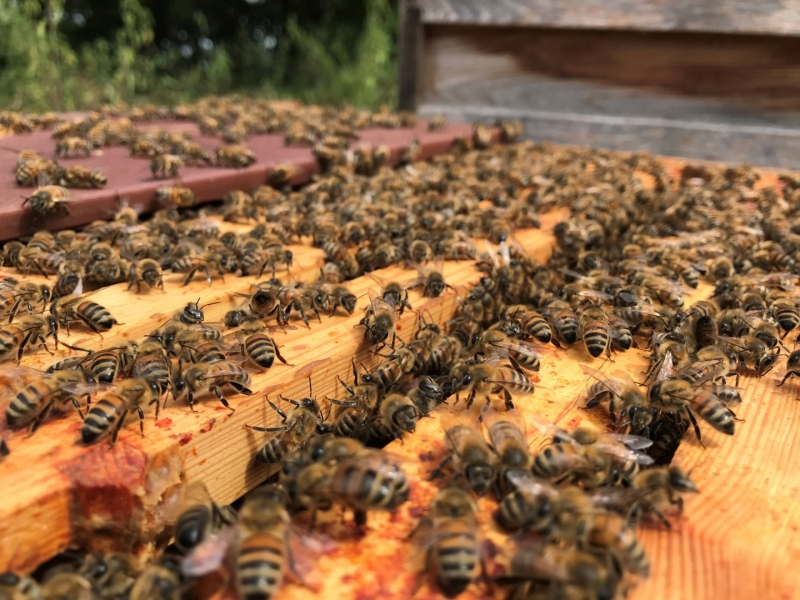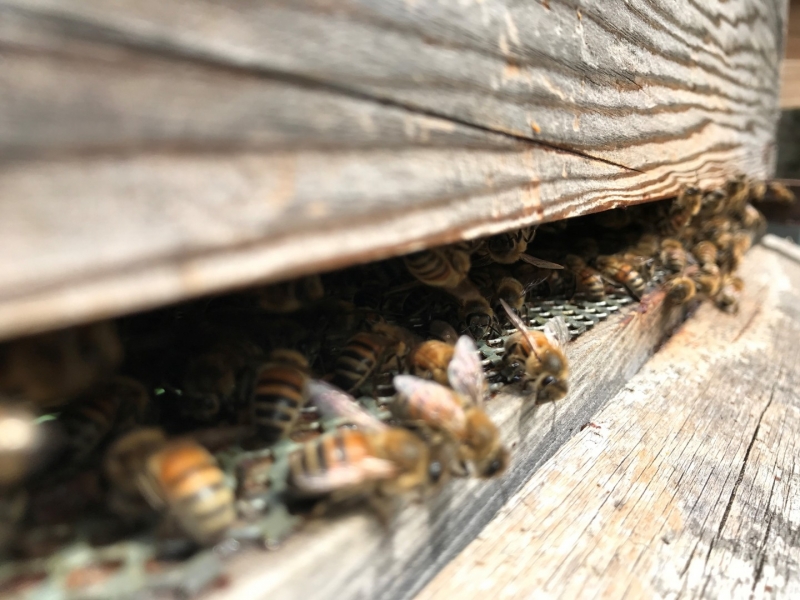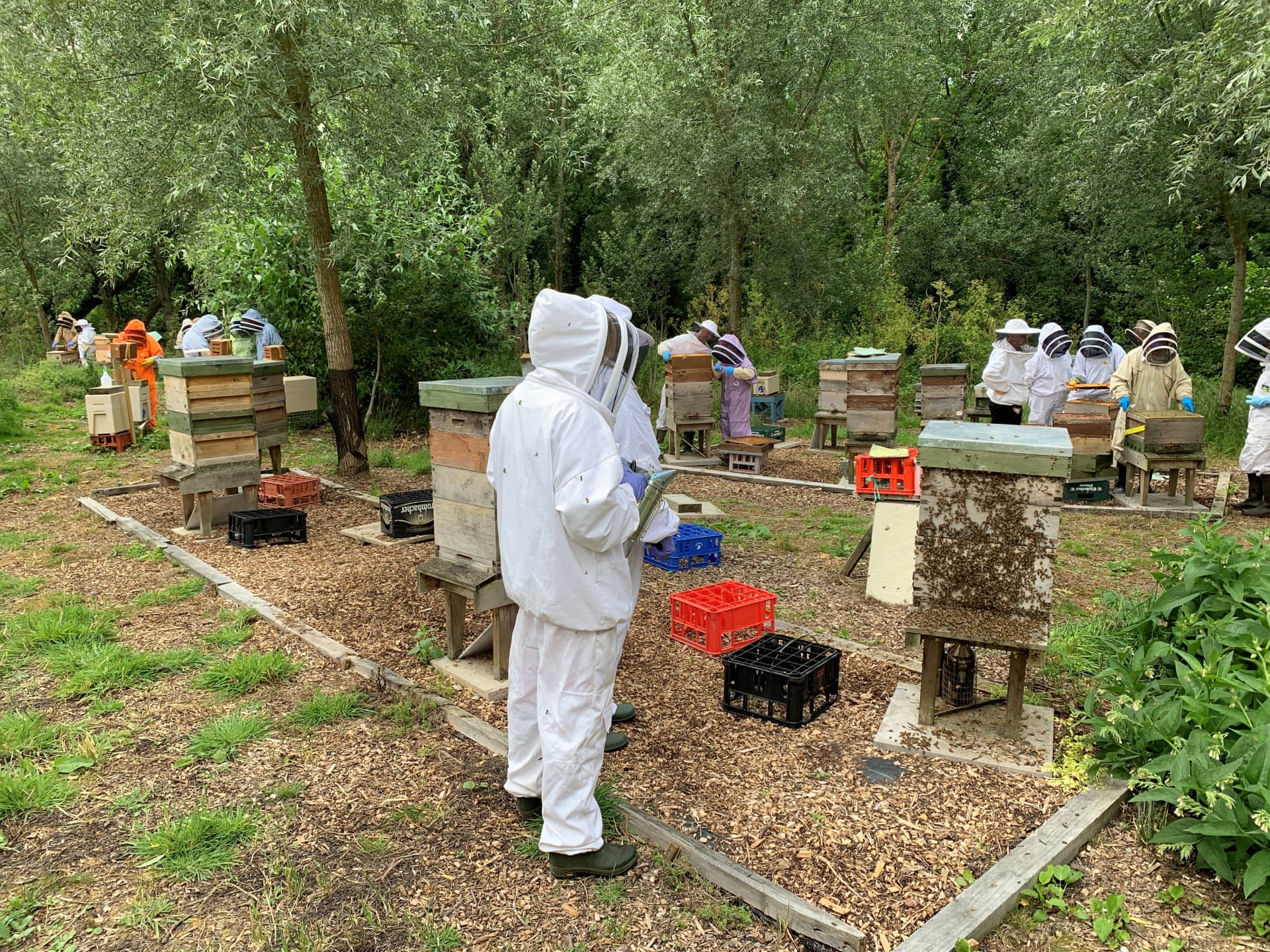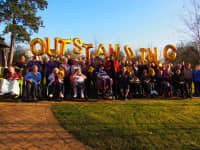We take the British bee population for granted, perhaps not realising just what an important part this tiny insect plays in British agriculture, responsible for pollinating a third of everything we eat and helping to keep the planet’s ecosystem sustained.
Sadly, through the introduction of new farming techniques and urbanisation – with the destruction of 97% of the UK’s wildflower meadows – bees are in decline, not only in this country but all over the world. Together with butterflies, moths, and other pollinating insects, over 70 crops grown in the UK depend on bee pollination. If UK farmers had to manually pollinate crops, this would be an expensive and laborious operation costing some £1.8 billion per annum. In parts of China where natural pollinators have disappeared, Chinese farmers have had to resort to manual pollination.

There are, however, simple steps that we can all take to do our bit for bees, and it is as easy as knowing which are the best plants for our gardens, window boxes or pots. To encourage bees and other pollinators into your outdoor space, look for flowers which have accessible stamens as opposed to closed with petals.
Bees are naturally attracted to any plant with purple flowers, so English Lavender is a good option, as is Bergamot (Monarda didyma) which has coined the name, Bee Balm for obvious reasons. Salvias are great for pollinators and thrive in hot sunny gardens. Echinacea, with their cone-like flowers, are incredibly attractive to bees and produce some of the most delicious honey. Buddleia, Agapanthus, Dianthus and Nepeta are other plants to consider. Flowers with trumpets such as foxgloves and penstemon also attract pollinators and if you are looking to plant a small tree in your garden – although the seed pods are poisonous – laburnum when in flower is like a bee magnate.
For plants that flower in the late summer into autumn, choose single dahlias, such as the Bishop of Oxford and Heleniums, with their rich autumnal colours. Herb gardens provide an attractive range of plants for pollinators; creeping Thyme, Oregano and even Chives all have flowers which attract bees.

Placing a bee house or insect hotel in a dry, sunny location in your garden, will also be beneficial as solitary bees like to nest in them.
If you want to become more involved and learn how to care for your own hive of bees, help is at hand from a local Abingdon charity ‘The Vale and Dowland Beekeepers’ Association’. The organisation was founded in 1963 and became a registered charity in 1991. They represent the interests of beekeepers and beekeeping in the Vale of the White Horse and surrounding areas and can provide valuable and essential information on how to care for these precious insects.
Chairman, Michael Havard-Bilton explains: “Over the past year, with more people working from home, there has been an increased interest in bee-keeping. However, it is not just a case of getting a hive, placing it in your garden and filling it with bees. Keeping bees healthy and productive requires knowledge and skill, and it is made much easier by belonging to a local Beekeeping Association where you will be given advice, tuition and support. We are running summer meetings for beginners and the public at our Association apiary; if anyone is interested in attending or looking for further information, please take a look at our website valeanddownlandbees.org.uk where you will find all of our events listed.”
“We recommend that people take our ten-week 'Introduction to Beekeeping' course during the Autumn of 2021 and a follow-up practical course in the spring, where you will be taught how to handle bees. By taking a course you will then be fully prepared to take on your own hive and understand just how to properly care for your bees.”








